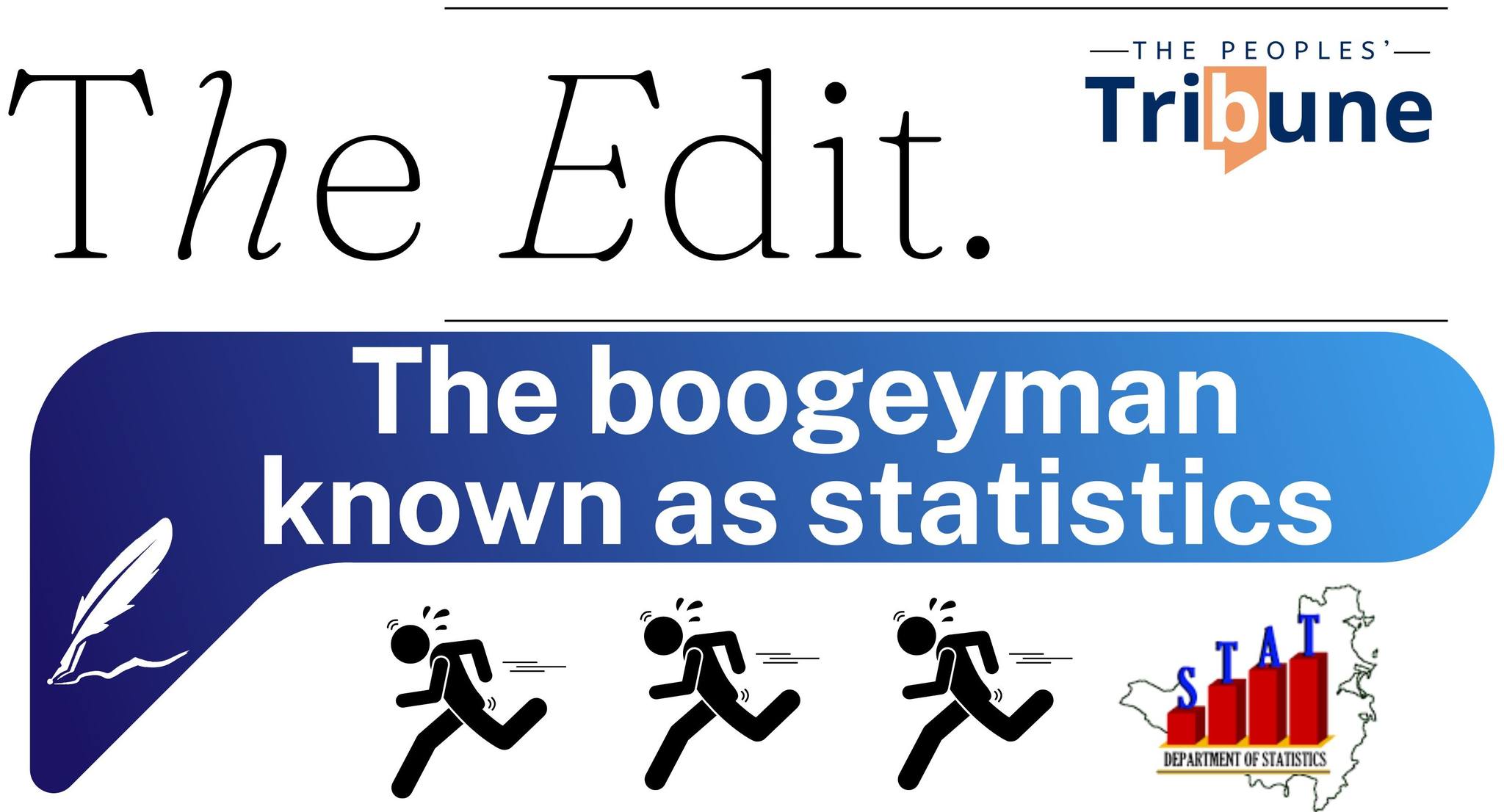The boogeyman known as statistics

It is nearly August, and only yesterday, July 28, we received the Quarter 1 arrival figures for 2025. That’s three full months into the next quarter before the public was given access to information about the first. This kind of delay has become routine in St. Maarten, but that doesn't make it less concerning.
Across the Caribbean, statistics are generally timely and publicly accessible. Caribbean countries regularly publish key figures online or make them available with a single call to the relevant office. In contrast, accessing even the most basic data in St. Maarten remains a challenge. This isn’t a reflection on the capabilities of the Department of Statistics (STAT), which is staffed by competent professionals, but more likely a result of policy restrictions or a broader cultural reluctance to engage transparently with data. Too often, those who manage our national statistics seem unable, or are perhaps instructed not, to speak freely or publish proactively.
It gives the impression that there is discomfort, even hesitation, around statistics. Data, by its nature, is neutral, but its implications can be inconvenient. It can spotlight inconsistencies or shortcomings in governance. Still, that should be seen as a benefit, not a threat. Acknowledging what data reveals is how systems improve. Avoiding that process does more harm than good.
The consequences of delayed or withheld data are most apparent in policymaking. Reliable statistics are essential for setting priorities, shaping budgets, targeting social programs, and measuring outcomes. Without current data, policy decisions risk being based on guesswork or outdated assumptions. Unfortunately, this is something we see too often.
Take, for example, the Consumer Price Index. The last release came in March 2025, covering the final quarter of 2024. Since then, there have been no updates on how inflation is affecting the daily lives of residents. With no current figures on food prices, rent, or fuel, it becomes difficult to claim an accurate understanding of household realities. Meanwhile, the Department of Statistics continues to operate with limited resources and a shrinking budget, despite the essential role it plays in national development.
The recent arrival data release came with a notable explanation: the government has implemented a new immigration data system and has designated 2025 as the new baseline year, citing inconsistencies in past data collection. While system upgrades can be a step forward, this raises some fair questions. If the new platform is more accurate and efficient, why did it take seven months to publish Q1 results? How was 2025 chosen as the baseline? Is past data now unusable, and if so, how are trends to be tracked moving forward?
Transparency about methodology and intent would go a long way toward maintaining public trust. A new system should enhance timeliness, not slow it down. And a baseline should serve as a foundation for better reporting, not a reason to delay it.
St. Maarten cannot afford to treat data as an afterthought. The Department of Statistics should be seen, and funded, as a cornerstone of good governance. Reliable data supports stronger decision-making, smarter investments, and better outcomes. Without it, the best intentions risk becoming disconnected from the real needs on the ground.
As we move forward, we hope to see a renewed commitment to timely, transparent, and well-supported statistical reporting. Our decisions must be informed. Our policies must be evidence-based. And our statistics must be respected, protected, and published, on time.
